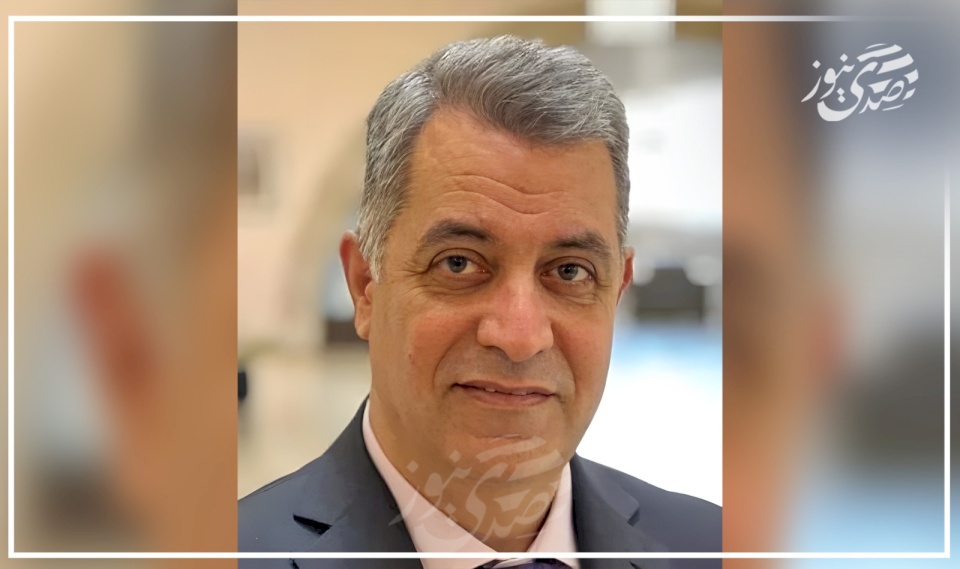
The French... Governance or the State in the Palestinian Constitution
President Mahmoud Abbas made a commendable decision by agreeing to form the constitutional committee in accordance with the formula he announced in the press conference last Tuesday, or the joint Palestinian-French committee to enhance the State of Palestine "which will work on all legal, constitutional, institutional, and regulatory aspects and will contribute to drafting a new constitution" according to the formula of French President Emmanuel Macron.
In my view, the French president's review of the first draft of the constitution was a political flaw before presenting it to the Palestinian citizens, who are the rightful owners of the constitution, and before the completion of the work of the interim constitutional drafting committee, which ends tomorrow, November 15, according to the provisions of Article 9 of Decree No. 4 of 2025.
However, the matter of "presenting the first draft of the constitution to the French president" is of great importance for shifting the discussion on the draft constitution from being for a new transitional phase to the constitution of the anticipated state; this, in my opinion, is the goal of the Palestinians. It represents a transition in drafting the provisions and rules of the constitution from the concept of governance and its management, which Palestinians are burdened with, due to their Arab Islamic heritage, to state management, which is ingrained with the French's political and philosophical legacy of social contract theorist "Jean-Jacques Rousseau," and the proponent of the separation of powers theory, "Montesquieu," as well as the foundations of the democratic system laid out by "Maurice de VArges."
The Palestinian drafters of the constitution focus on the concept of governance; a concept based on dominance, control, and hegemony, grounded in tribal affiliation according to Ibn Khaldun, to form and weave the constitutional rules, thus being shaped by the circumstances of the current rulers along with technical and artistic solutions to the crises faced by the “political system” in the Palestinian Authority during the ongoing transitional phase. In contrast, the French focus on the concept of the state, "the state of law, institutions, and social justice," based on the translation of the social contract existing between the community of citizens desiring to organize their lives and care for their affairs on one hand, and on the fragmentation of power, "Separation of Powers," and not allowing it to be concentrated in the hands of a dominating authority that "governs," with sharp checks on its encroachment over other powers or excessive control on the other hand, and on the concept of a democratic system based on the three pillars, "the principle of separation of powers, the rule of law, and elections."
These are two contradictory concepts; the first, the concept of governance, aims to ensure the maintenance of power; that is, focusing on the dominant class and its interests, and isolating the state within the authority of governance, detached from the citizens. The second, "the concept of the state," aims at the continuity of the state; that is, focusing on the existing social contract between citizens and their interests, and making the state for all its citizens.

While some count the boos, Palestinians count their martyrs.. Paradoxes of the internation...

When the Palestinian Issue is Reduced to Gaza Management

Legally Licensed Occupation

The Absence of the Palestinian Representation and the Bet on Time

Palestine: When the Criminal is Declared a 'Peace Maker'

Don't Blame the Palestinian People for the Failures of Your Regimes and Ideologies

The Flood of Settlement and Displacement in the West Bank

